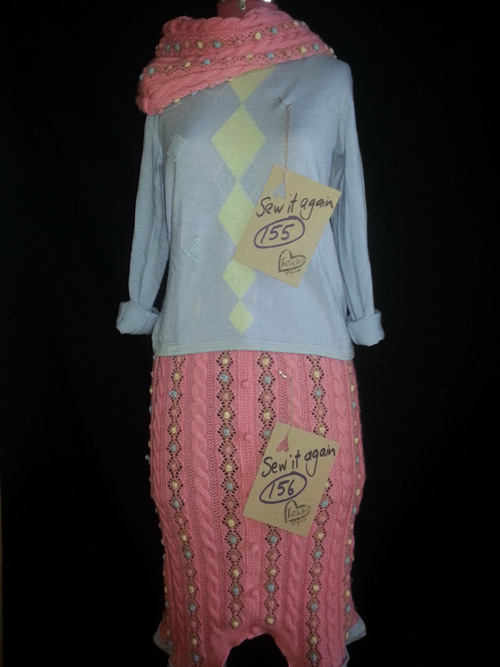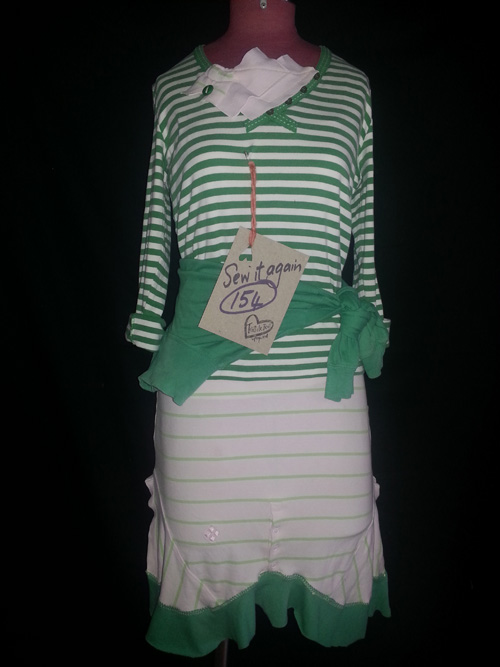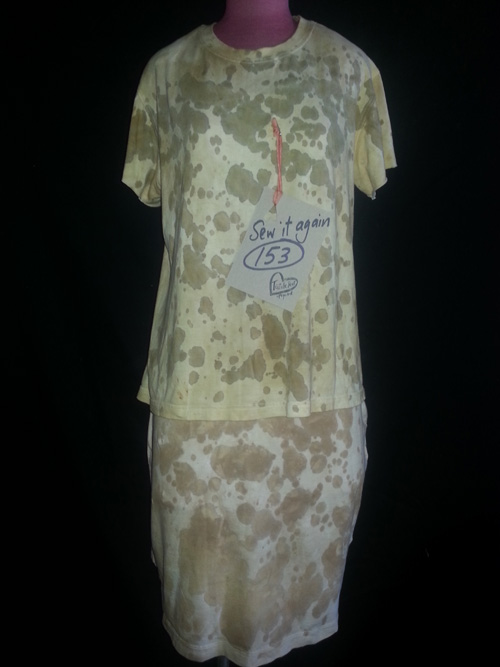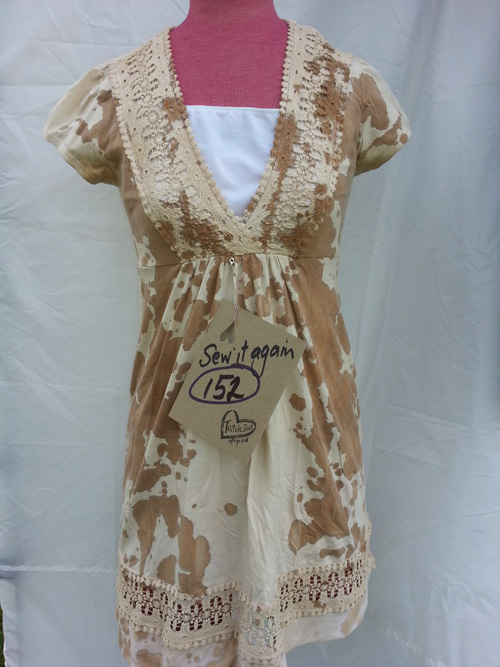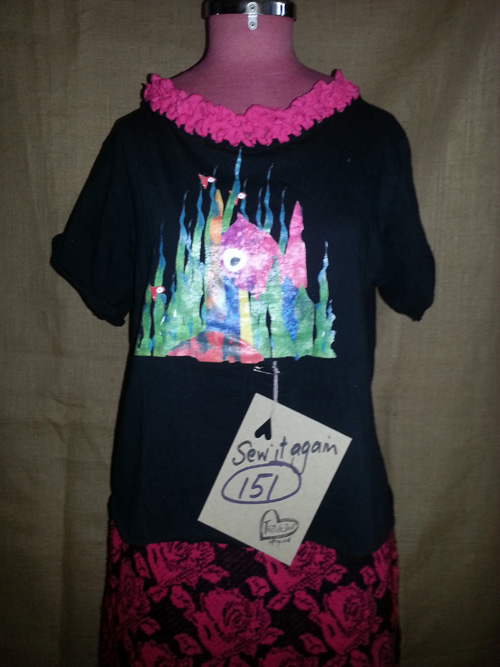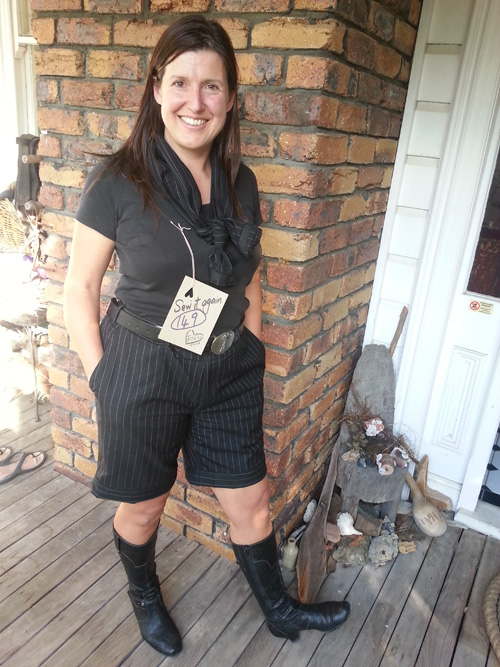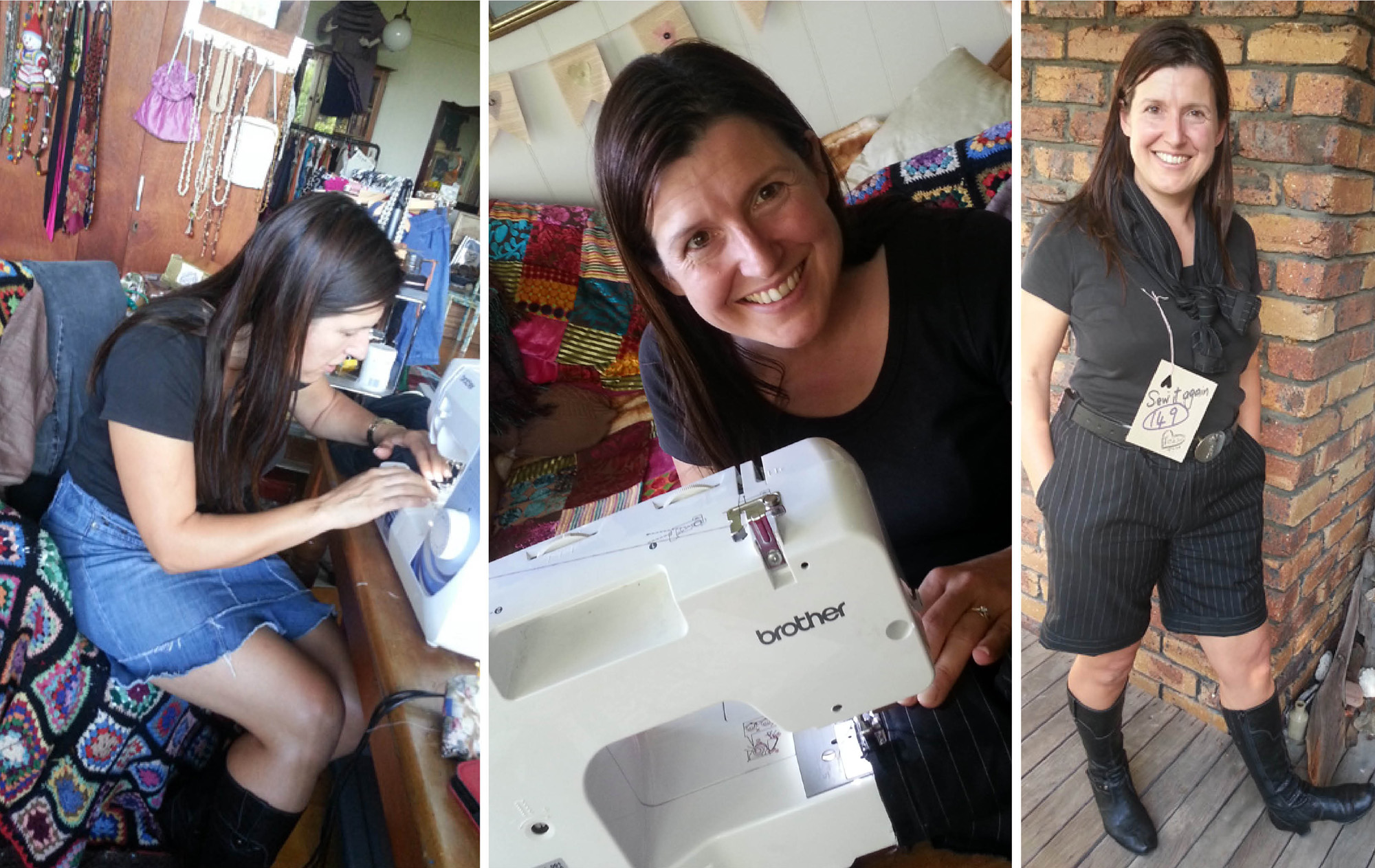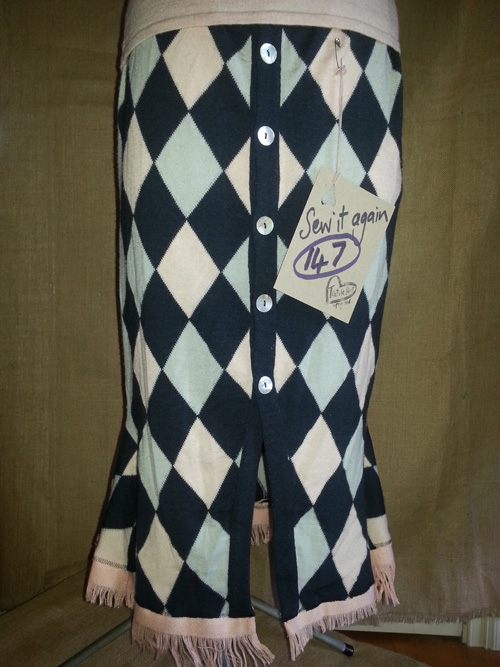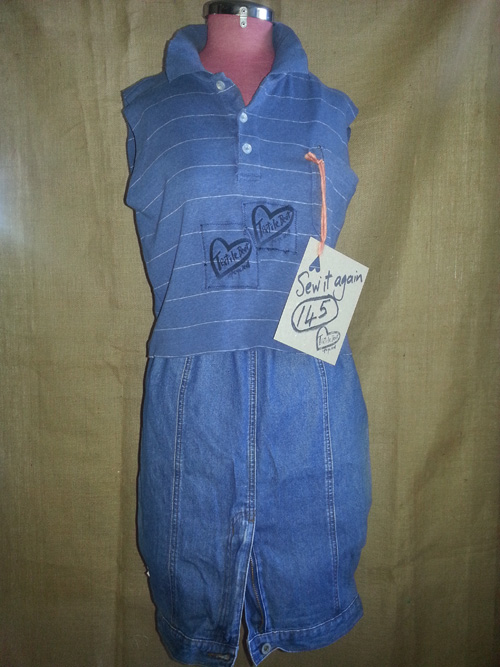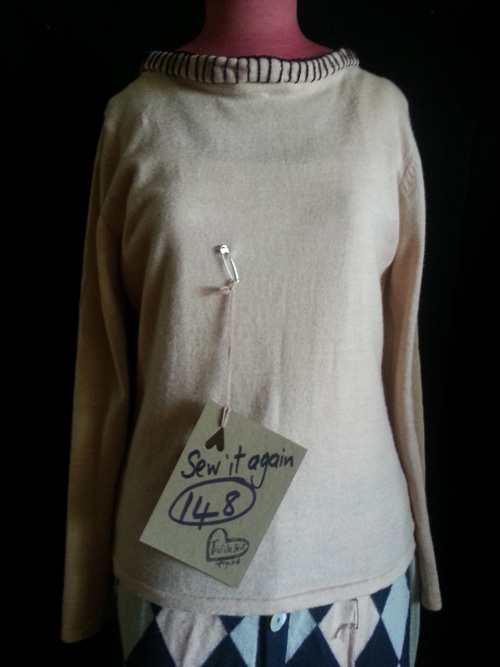 In her book Naked Fashion: the new sustainable fashion revolution, Safia Minney says the price tag on fashion you buy rarely covers the real social and environmental costs – and she explains why.
In her book Naked Fashion: the new sustainable fashion revolution, Safia Minney says the price tag on fashion you buy rarely covers the real social and environmental costs – and she explains why.
“For many developing countries, clothing manufacture is a leg-up into industrialisation and so-called development, and is a substantial part of their earnings. In Bangladesh, clothing exports account for 70 per cent of GDP and the industry employs over three million workers, mostly women. The clothing industry offers opportunities to low-income countries because of the relatively low cost of setting up factories, and a burgeoning population that provides a constant supply of deft hands as semi-skilled labour. Developing countries end up competing with each other to be the world’s garment factory, in what has been called a ‘race to the bottom’ for wages, health and safety and job security,” writes Minney, founder of fair trade fashion brand People Tree.
It is a tricky scenario, but the reality is that Western consumerism – in Minney’s words – is stripping land and natural resources away from farmers and fisherfolk and concentrating it all into the hands of a few business owners, investors and their army – the advertisers, creatives and marketeers who make consumption so seductive, even at the cost of our planet and our sanity.”
That’s a reality check if you needed one – and it’s why I’m demonstrating a creative way of dressing with Sew it Again and getting involved with Brisbane City’s fabulous Green Heart Fair, which support sustainable living initiatives such as upcycled eco-fashion. Below is a photo of Stephanie Poncini in Sew 143, Belinda Burgess in Sew 1 and Jane Milburn in Sew 113 taken by Annette Dew for Westside News … and the new bunting I’ve created for the Textile Beat display this Sunday. Come along and join in a T-shirts Reworked adventure I’m working on now.
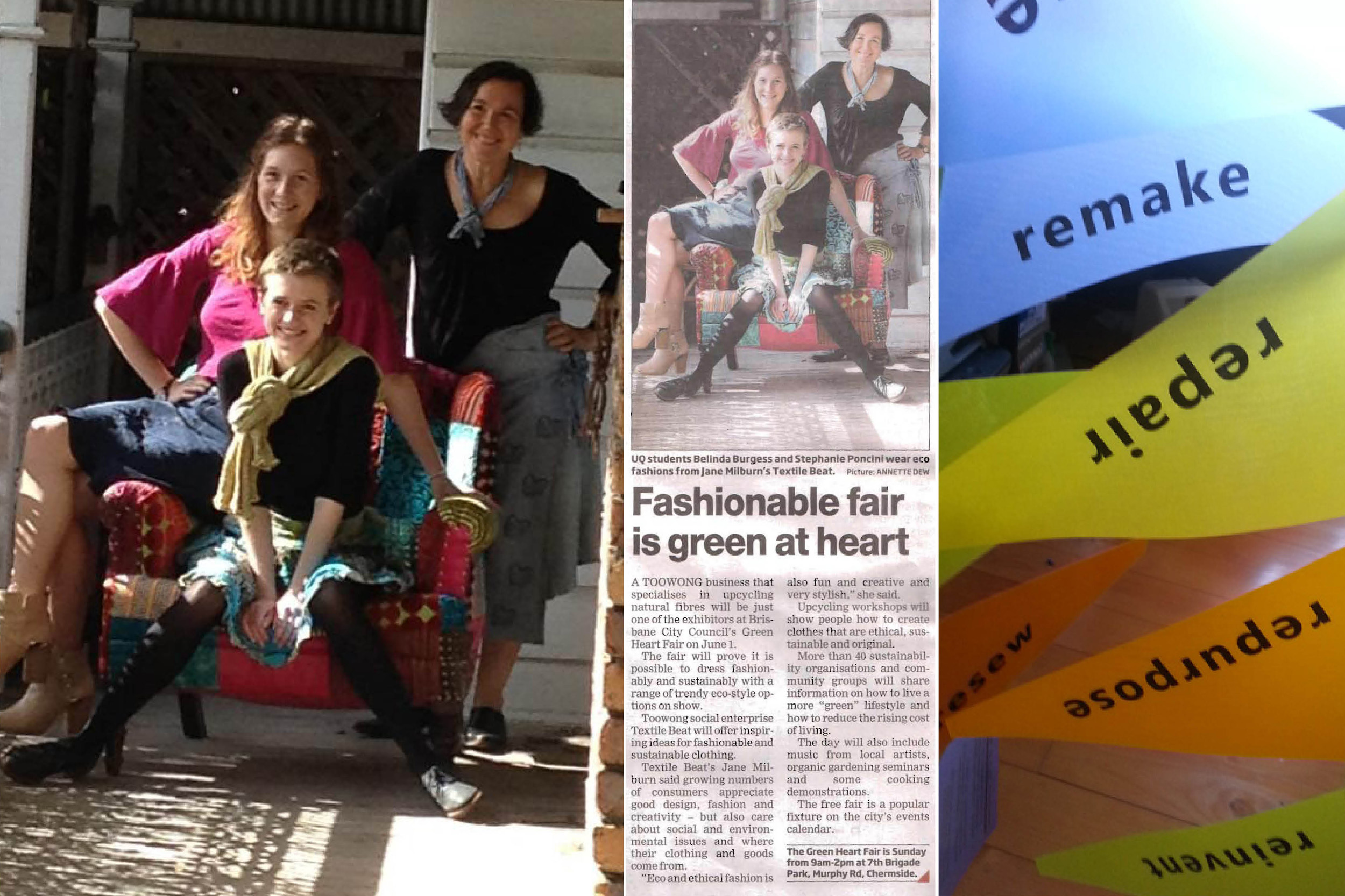
Continue reading →
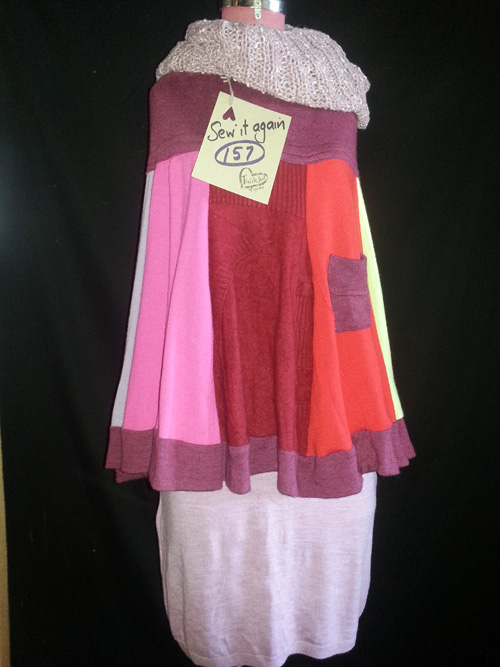 The fabric of my career includes earlier work with the Rural Press Club network which is a great forum to discuss how farming and agriculture feeds into the health of society.
The fabric of my career includes earlier work with the Rural Press Club network which is a great forum to discuss how farming and agriculture feeds into the health of society.